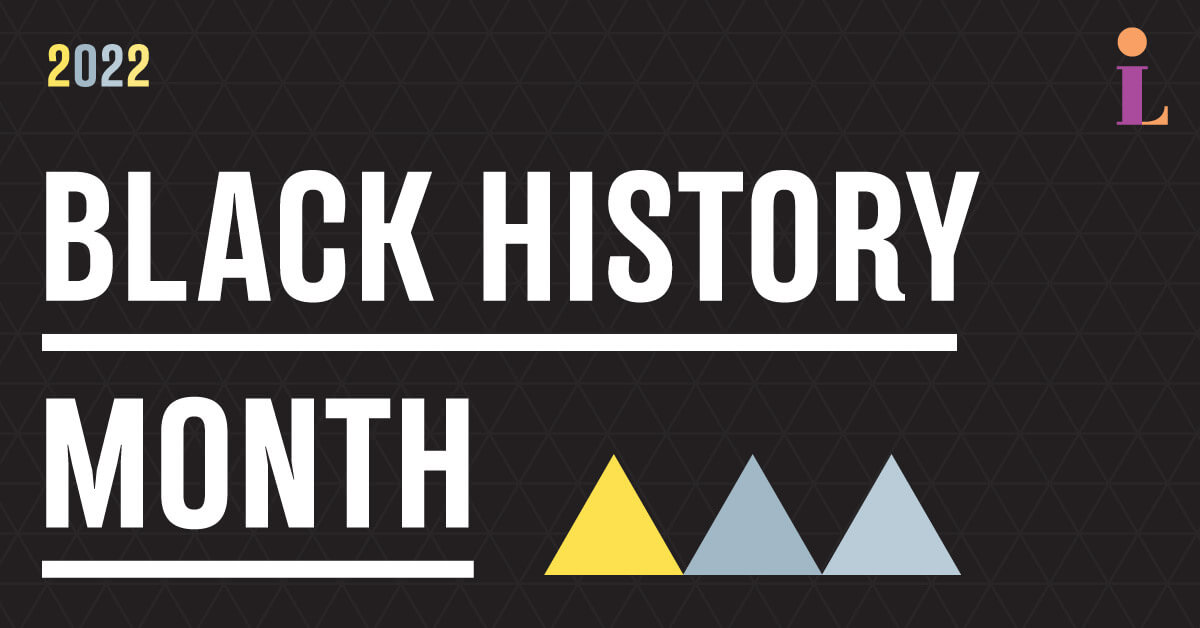Black History Month 2022 celebrates Black Health & Wellness. The National Museum of African American History and Culture says this year’s theme “highlights Black pioneers’ trailblazing contributions to Western medicine, addresses health disparities facing our communities, and encourages healing through education.”
Black people’s contributions to public health are all the more significant because of medical inequalities. This discrimination is rooted in the past and persists to this day. Consider the following:
- 19th-century Black graveyards were frequent targets of medical students seeking cadavers for experimentation.
- Infamous cases like the Tuskegee Syphilis Study and Henrietta Lacks show Black people are often denied full knowledge and consent by medical establishments.
- The Black Panther Party’s legacy of free health clinics and sickle cell anemia screenings is commonly overshadowed by that group’s clashes with law enforcement.
- A 2020 Mental Health America study found that Black teenagers are more likely to attempt suicide (9.8%) than white teenagers (6.1%).
- The Centers for Disease Control and Prevention reported in 2021 Black women are three times more likely to die from pregnancy-related causes than white women.
- A 2021 NPR article uncovered racial disparities in COVID vaccines among Pittsburghers.
As the Association for the Study of African American Life and History states, when learning Black history from a public health/medical standpoint, “[t]here is much to uncover, amplify, question, and correct.” With that in mind, the Library recommends the following digital resources and books.
Digital Resources:
- Mental Health Resources for Black and African American Communities
- The African American Experience, 2022 BHM Research List (compiled by ABC-CLIO)
- Enhanced Search Tool (search CLP databases for articles on medical racism, etc).
- Books, Websites, and other Historical Materials and Guides on Black Health and Wellness (compiled by ASALH)
Books:
- “The Racial Divide in American Medicine” by Richard D. deShazo
- “The Death Gap: How Inequality Kills” by David A. Ansell
- “The Organ Thieves” by Charles Jones
- “The Pain Gap” by Anushay Hossain
- “Reproductive Injustice” by Dána-Ain Davis
You can sign up for a free library card here. If you are new to our eResources, check out these tutorial videos on how to get started.
Looking for a good book, album, movie or TV show? We’re happy to recommend them to you! Use this Personalized Recommendations form to send us some information about what you like and we’ll curate a list just for you.
If you have any additional questions, you can contact a librarian through Facebook, Instagram or Twitter. You can also call us at 412.622.3114 or email us at info@carnegielibrary.org.


